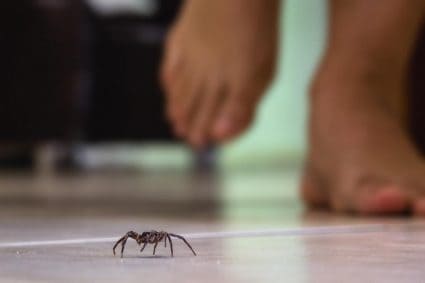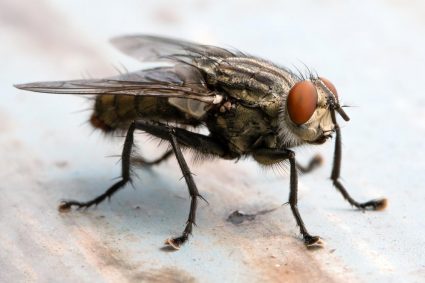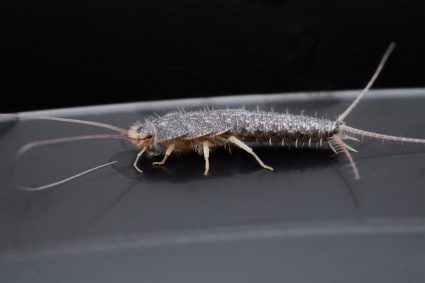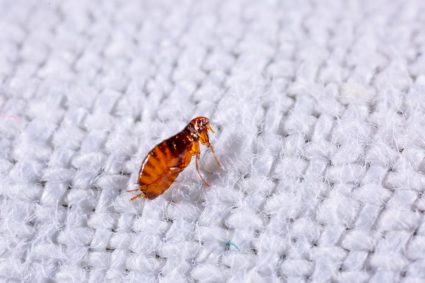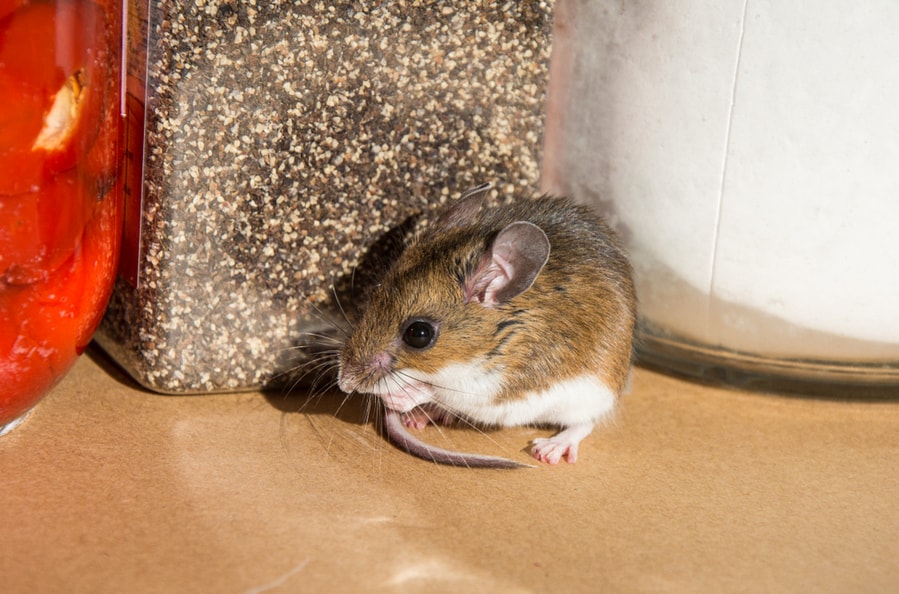
From storing food, groceries, and other provisions, to keeping silverware and dishes, no room is as multifunctional as the pantry. Mice are more likely to appear in your home when the weather becomes cold as they search for food and a warm place to stay.
A mouse will find your pantry shelves inviting since they provide warmth and an endless food supply.
Nobody likes to find mice in their pantry, and dealing with an infestation is difficult. If you encounter these pesky intruders, you may look for ways to prevent them from accessing your home.
But how do you keep mice out of the pantry?
Prevention is crucial because once mice come, they settle in quickly. Several ways to deter mice, which you can use to your advantage, include:
- Examining and sealing entry and exit points.
- Maintaining a tidy and clean environment.
- Using repellents (vinegar, essential oil, cayenne, and cleaning products).
Use these tips and more we share in this post to keep mice out of your pantry and out for good.
Continue reading if you are sick of these pesky intruders. We’ve compiled a list of effective measures for maintaining a mice-free pantry.
6 Steps To Keep Mice Out of the Pantry
If you notice mice droppings on floors and around surfaces in your pantry, this is a sign of their presence, and you need to act. Use these steps to keep them out before they cause havoc.
1. Inspect and Seal Entry Points
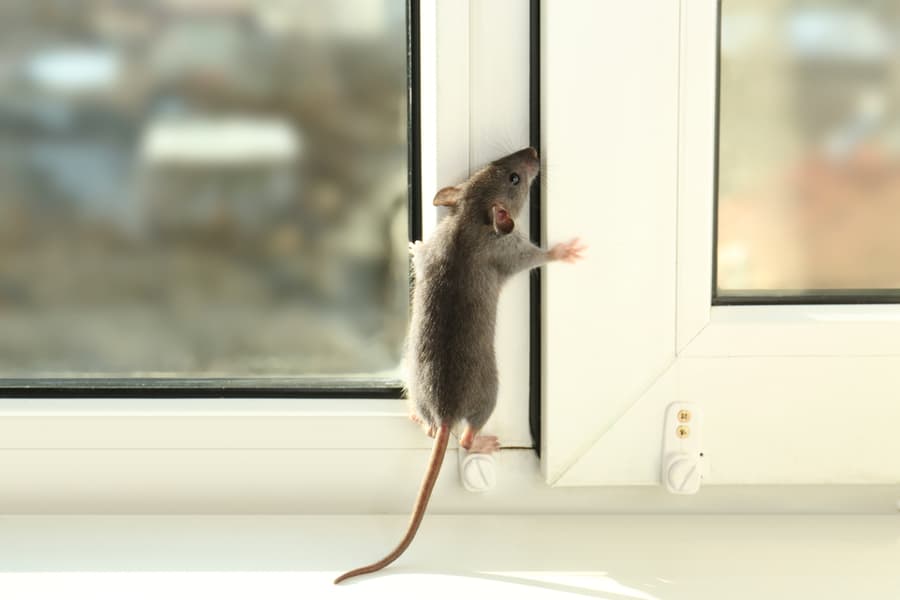
Before mice can access your pantry, they first seek entry to your house. There are several areas that mice use when entering and exiting your house. When you notice their activity inside your house, examine the exterior and look for their access points.
Any holes in your walls or flooring, cracks and crevices, and areas, especially those near water or waste pipes and electrical lines, are mice tickets.
Don’t forget to examine around doors and windows for points where mice can use to get in. Also, areas under stairs, porches, dryer vents, chimneys, and basement windows can be potential entrance points. Securing these access points makes it easier to eliminate existing mice and limit mice from entering your pantry.
Block the tiny holes in your foundation and vent openings using caulk, duct tape, or steel wool that mice cannot chew through—alternatively, weather stripe windows and doorways.
Mice enjoy hiding in bushes and shrubs to take cover from enemies. To contain them, trim bushes and clear out shrubs within your compound. Keep your home clean and clutter-free inside and out, and clear any vegetation and tree branches close to your home’s foundation.
Once you’ve sealed mice entry and exit points around your home, extend the search to your pantry. To locate their hiding places, use a flashlight, and inspect the edges at the back, corners, and underneath the pantry cabinet.
If you still can’t see how mice get in and leave your cabinets, dust baby powder along the bottom and wait. When mice appear, their tracks will lead you to their access points. Block the holes with expandable foam or caulking.
2. Locate and Eliminate Their Hiding Spots
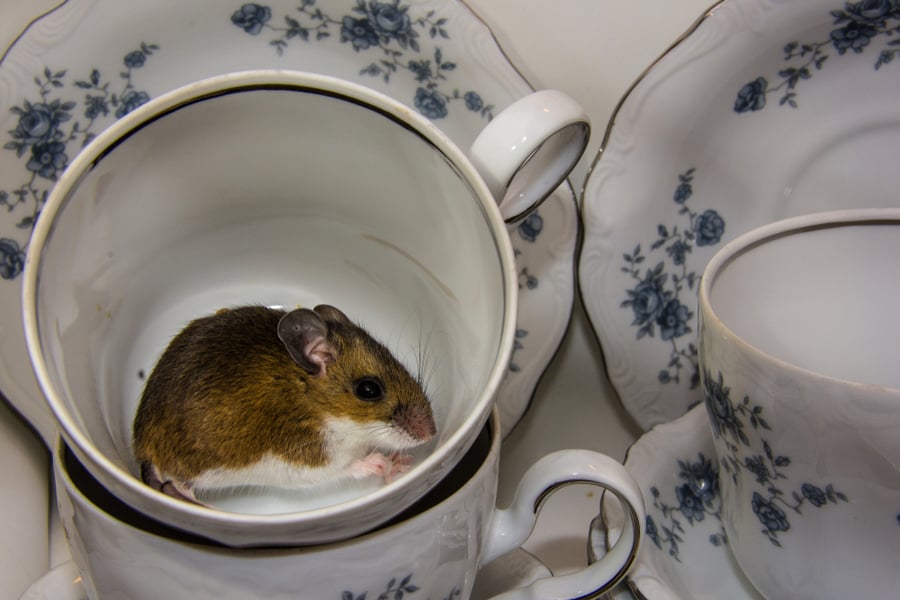
Typically, mice hide throughout the day and become active at night. Clutter is a mouse magnet that creates a comfortable, rarely disturbed, dark environment for them to live in. After unpacking cartons, cardboard boxes, and food packages, remove them from your shelves and countertops and discard them so that mice lack a place to hide.
Maintaining a well-organized pantry is a tried-and-true technique to stop mice infestation.
3. Give Your Pantry a Weekly Deep-Clean
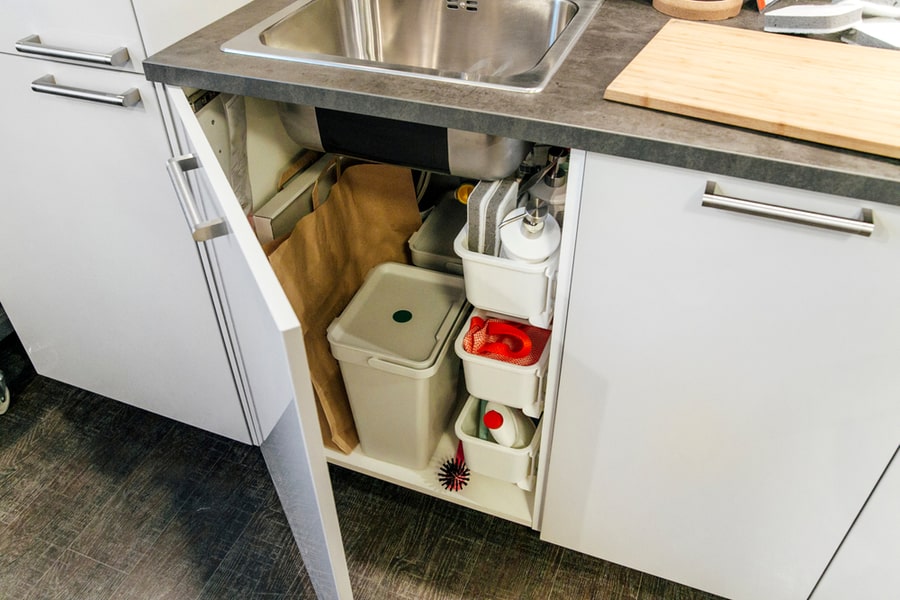
Establishing a regular cleaning schedule is crucial to prevent mice infestation. Mice can live on a small amount of food, and bits of food around the house is enough to keep them going.
To get rid of them in your pantry, avoid leaving open containers of cereals or snacks. Instead, firmly cover, and store all grains and other dry goods in glass or metal containers. This is the best way to keep food secure since mice cannot chew through glass or metal.
It is challenging to regularly deep clean your pantry because of a busy lifestyle and never-ending duties. However, it is imperative to take these measures if you want to maintain a mice-free pantry.
Investing a little time in deep cleaning your home, especially your pantry, ensures that you save time, effort, and resources that require professional mice infestation services.
4. Incorporate Natural Light in Your Pantry

Traditional societies have for centuries built airy and well-ventilated dwellings. Since mice like nesting in dark and hidden spots, pantries with natural light are far less likely to have mice problems.
There are many ways to design an airy pantry, including installing sliding glass doors, large windows, and ceilings.
5. Use Natural Products
You can use natural products like essential oils and common kitchen ingredients for purposes more than skincare, cooking, or health.
Neem Extract

Neem oil effectively keeps mice and other pests out of your pantry. By keeping a few leaves around the surface in your pantry, you will see a change within a week. You can also dilute neem oil with hot water and mist it over your pantry cabinet, along the wall, and on the floor and let it work its magic.
Peppermint Oil

Mice are sensitive to smells and cannot stand peppermint’s robust and minty scent. A few dilute drops around your store go a long way in repelling them. Soak a few cotton balls in pure peppermint essential oil and place them strategically around your home and in your store.
Change the cotton balls when the smell fades. You can also use a diffuser to spread the peppermint oil around your pantry or apply it directly to areas with mice activity.
Citronella

Mice hate the lemon-like smell of citronella, so using it around your home can help to deter them. You can buy citronella candles or oil or plant citronella around your home. Using citronella oil as a spray or diffusing it around your house keeps mice away while keeping your indoor space pleasant.
Cloves
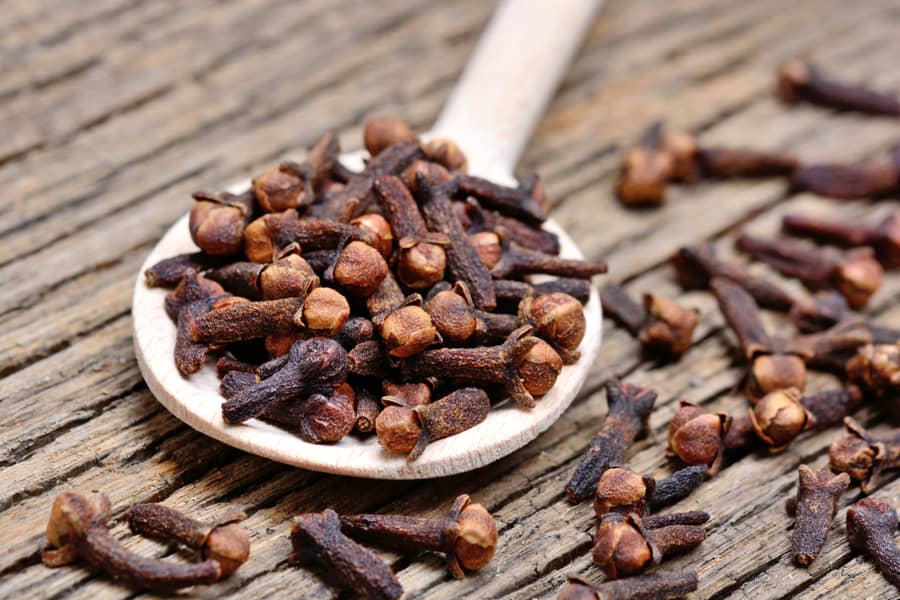
The unpleasant and spicy flavor of cloves makes them a natural mice repellent. Place whole cloves strategically around your pantry and areas with mice activity. You could also soak cotton balls in clove essential oil and place them on the floor of your store and around your home entrance.
Cinnamon

The strong scent of cinnamon overwhelms mice and prevents them from climbing kitchen cupboards and counters. Also, to avoid these pesky intrudes from reproducing, spread freshly ground cinnamon powder throughout the pantry.
Baking Soda
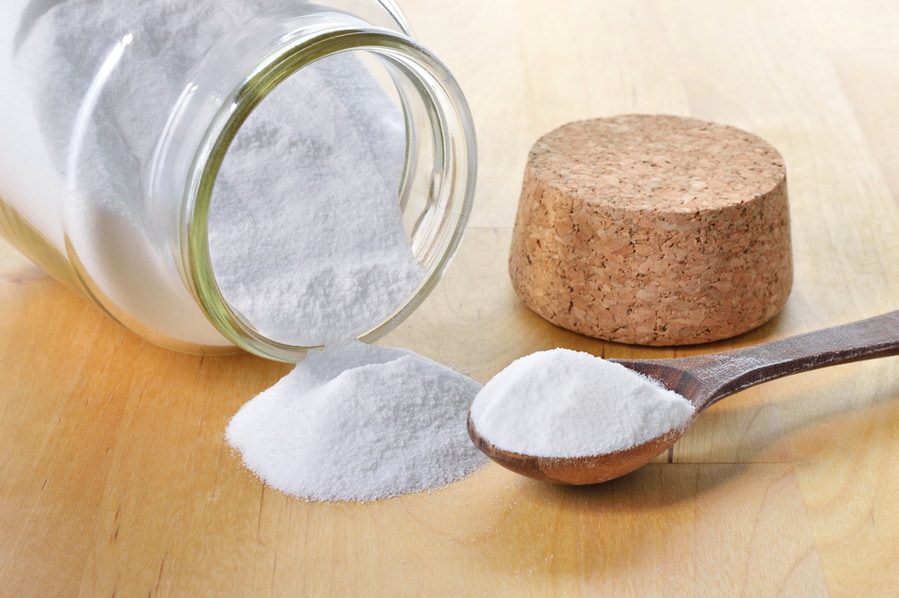
Baking soda helps deter mice, and it’s safe to use around the house. Sprinkle it generously around surfaces and on places with mice nests and leave overnight.
In the morning, be sure to wipe away the powder. Repeat this procedure for 14 days.
Cayenne Pepper

The strong smell of cayenne pepper repels mice and other pests, such as ants, roaches, and bugs. Sprinkle a generous amount in areas where you find mice.
Hot Water and Vinegar
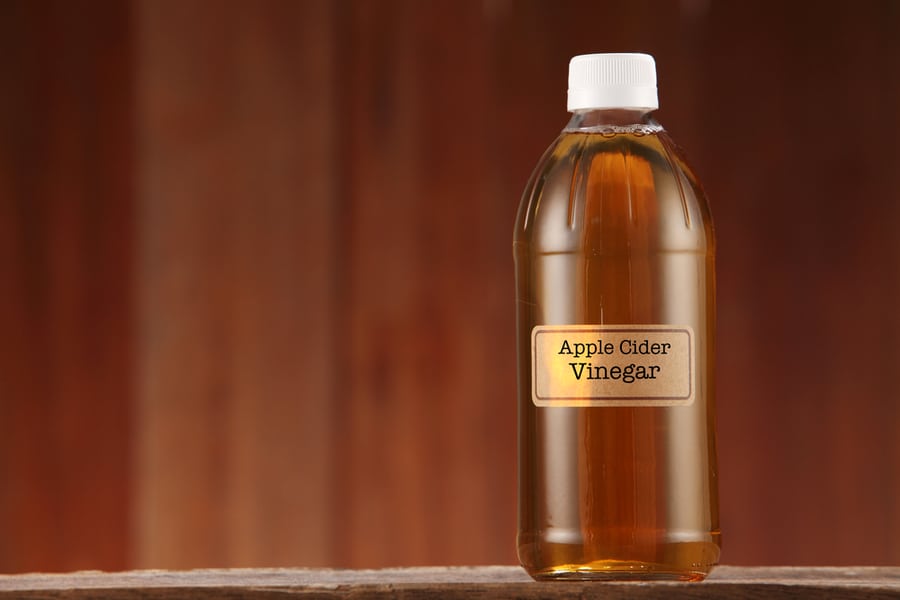
White vinegar and apple cider vinegar and readily available. To use white vinegar, combine one portion of distilled white vinegar with hot water, clean the surfaces around the pantry, then pour the mixture down kitchen drains, to disinfect the pipes and prevent mice from accessing the house.
You can also use this vinegar solution to remove the scent from areas where mice have been.
Soak cotton balls in apple cider vinegar and place them around areas where you think mice might use them to access your home. The pungent smell is an effective mouse-repellent.
6. Use Cleaning Products
Some household cleaning products that double as mice repellents and have proven effective include:
Ammonia

Mice dislike and cannot stand the strong scent of ammonia. Using it around your home prevents mice from entering your home and nesting in your pantry. You can use ammonia to clean areas where mice have been, or you can soak some cotton balls in an ammonia solution and place them around your home.
Be careful when using ammonia, and wear gloves and a mask, to avoid harming your skin and inhaling it.
Bleach

Bleach is another standard household product you can use as a mouse repellent. The pungent smell of bleach is unpleasant to mice, so using it around your home keeps them away. Mix bleach with water, spray it in corners and along your pantry wall, and then monitor the area after a few days.
Be sure to use bleach safely, as it can be toxic if you inhale or ingest it. Wear gloves and a mask when using it to prevent breathing in the fumes.
Summary
Are mice beginning to nest in your store? A run-in with these critters is not something anyone enjoys. Here is a review of how to keep mice out of the pantry.
- Locate and seal their entry points.
- Eliminate their hiding spots.
- Incorporate natural light in your store.
- Use natural repellents (essential oils, baking soda, vinegar, cleaning products, and more).
A clean and mice-free pantry is all we could ask for, and following these steps helps us to achieve it in no time.
Frequently Asked Questions
How Do Mice Enter the House?
Mice can squeeze through openings no bigger than a cent, so all tiny gaps are potential entry points. Frequent entrances include holes or cracks in or close to:
- Interior pipes
- walls
- Ceilings
What Are the Signs of Mice in the Pantry?
Here are the signs to look out for mice activities in your store:
- Evidence of nesting in boxes and other soft materials.
- Mouse droppings on floors and around surfaces.
- Gnawing or scratches around shelves.
- The smell of urine in and around the pantry.


